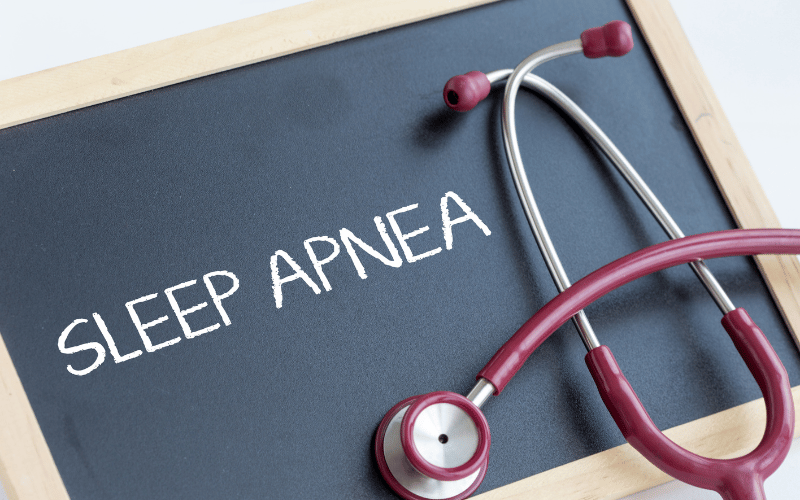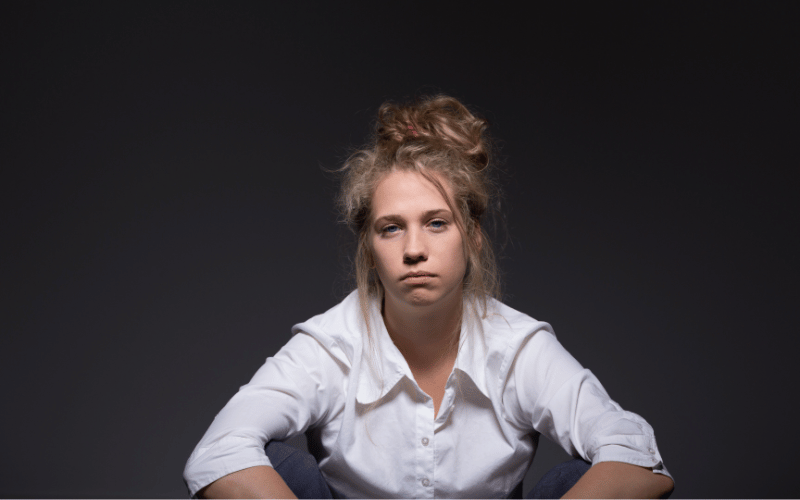Introduction: The Silent Struggle – Sleep Apnea in Women

We often think of sleep apnea as a man’s issue, don’t we? It’s time to wake up to the reality that sleep apnea doesn’t discriminate. Women, too, are at risk, and the consequences can be just as dire. Today, we’re delving into a highly misunderstood and under-diagnosed topic: Sleep apnea symptoms in women. Our goal is to shed light on this overlooked issue so you can take steps towards healthier sleep and a healthier life.
Why the emphasis on women? Simple. When it comes to sleep apnea, women often go under the radar. Medical professionals tend to attribute their symptoms to other conditions like anxiety, depression, or even menopause. The result? Countless women missing out on both diagnosis and treatment, thereby risking their well-being, day after day, night after night.
In the upcoming sections, we’re not just listing symptoms. We’re presenting a lifeline, pulling you out from the murky waters of poor sleep and health risks. We’re zooming in on the 10 most common symptoms of sleep apnea in women, explaining each in great detail so you can spot the signs early. Early detection is critical because untreated sleep apnea is not just an inconvenience; it’s a ticking time bomb for issues like hypertension, heart disease, and even type-2 diabetes.
If you’ve ever questioned your quality of sleep, or if you find yourself waking up as tired as when you hit the sack, stick around. This is not just another sleep article. This is an urgent bulletin for every woman who wants to reclaim her nights and revitalize her days.
So grab a cup of herbal tea, make yourself comfortable, and let’s journey together into understanding these crucial symptoms. Trust us, your future self will thank you.
1. Chronic Fatigue: The Stealthy Thief of Daytime Energy

Chronic fatigue stands as a deceptive symptom that many women write off as a result of a busy lifestyle, stress, or simply “getting older.” What they don’t realize is how persistent daytime drowsiness could be linked to a much graver issue: sleep apnea. Not just an annoyance, chronic fatigue impacts your work, relationships, and overall sense of well-being.
Have you ever experienced those moments where you’re mentally foggy and find it challenging to focus even on simple tasks? It’s frustrating, to say the least. Women are often more likely than men to describe this ‘brain fog’ when chronic fatigue takes over. The disorienting sensation isn’t just about a lack of sleep. It’s the result of oxygen deprivation, caused by repeated interruptions in breathing during sleep, characteristic of sleep apnea.
An interesting distinction between men and women is how the symptom manifests. Women are likely to feel more fatigued than sleepy. It’s not uncommon to hear women complain about being ‘bone tired’ even after a full night’s rest. Imagine dragging around a ten-pound weight tied to each ankle. That’s how relentless this form of fatigue can be.
Now, let’s talk hormones. Women’s fluctuating hormone levels may contribute to the severity of fatigue they experience. Particularly during periods, pregnancy, or menopause, when hormone levels are at their most volatile, the symptom can intensify. It’s as if the universe just handed you another curveball to deal with.
Why is this symptom so significant? Because chronic fatigue doesn’t just rob you of your daytime energy; it can spiral into a host of other issues. It lowers your resistance to stress, makes you more susceptible to mood swings, and even amplifies cravings for unhealthy foods. It’s a domino effect that starts with interrupted sleep and cascades into nearly every aspect of your life. (1)